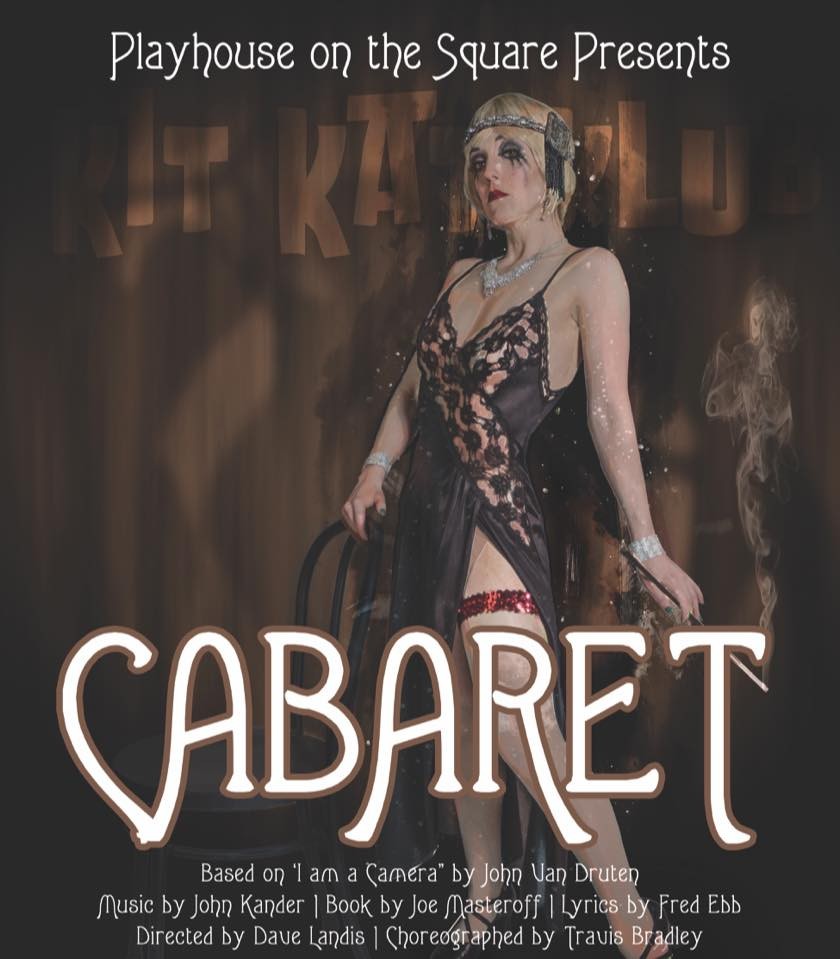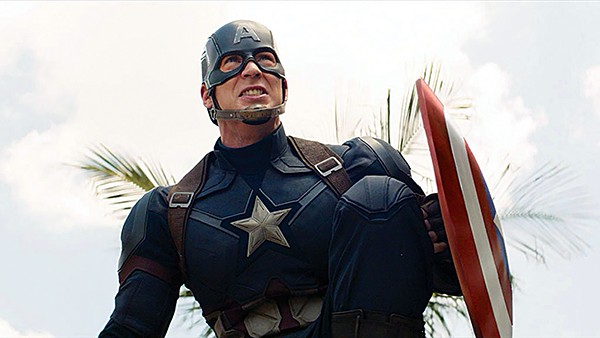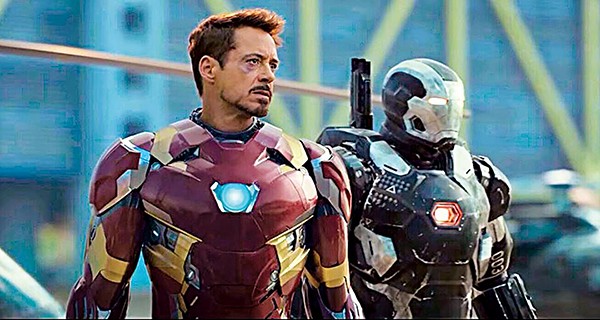
“We are Americans, and the future belongs to us.” — POTUS.
Inspired by Christopher Isherwood’s story “Goodbye to Berlin” and the subsequent play I Am a Camera, the Kander & Ebb musical, Cabaret, shows three distinct snapshots of Germany during Hitler’s rise to power. First, there’s a sentimental Berlin, where a little old German landlady and a little old Jewish grocer might laugh and make loving, bawdy metaphors over a bowl of fruit. There’s also a decadent, enticing Berlin, where transvestites and taxi dancers guzzle gin and dance in a sleepless celebration of flesh. And then there’s the Berlin where Nazis multiply and metastasize like cancer cells. It’s the last snapshot I want to focus on.
Where did all those Nazis come from? Hitler took inspiration from many places, but was a particular fan of American Industrialist Henry Ford, who acquired a weekly periodical called The Dearborn Independent, transforming it into a vehicle for his virulent brand of anti-semitism. Indeed, the ceaseless, almost century-long campaign against “liberalism” in media — a complaint whose ubiquity has made it conventional wisdom, undermining virtually all trust in American information workers — is essentially a politically refined twin of Ford’s fear-mongering against, “the international Jew,” who controls the news and entertainment industry.
Tomorrow Belongs to Nazis — ‘Cabaret’ Remains Stubbornly Relevant
Ford’s anti-semitism wasn’t unique for the time but, as the man who created America’s automobile industry, he was uniquely credible and the power and influence he wielded was extraordinary. Before The Independent was shuttered amid lawsuits stemming from the paper’s relentless defamation, it had become the second-largest circulation periodical in America. Ford’s message about the threat of Jewish influence was carried forward by America’s own Nazis, the German American Bund who, in spite of having been highly active and organized in the run up to WWII, have been virtually wiped from the public memory. The Bund protested for pro-Nazi media and their rally at Madison Square Garden filled the house. In short, while few images define how America sees itself like Jack Kirby’s cartoon of Captain America punching Hitler in the face, the real story’s more like a comic book plot than the big cultural myth. Our Nazis went underground, and stayed undefeated. They didn’t have to reintegrate into the American fabric, because they were already part the American fabric. At some point it became impolite to make even the most appropriate Nazi comparisons, because the horror of the Holocaust was incomparable, a fact lending cover to the movement’s provenance and evolution.
As a side note, the famous image of Captain America punching Hitler came out a year before America entered into WWII. Not only was America not at war with Germany when Kirby drew the image, 75 percent of the the US opposed war with the Nazis.
Germans were devastated by WWI. Crippled by debt and a deadlocked parliament, the country was ripe for a despot like Hitler. In much the same way economic anxieties in the U.S. have been channeled into racial tension, creating a permanent American underclass, Germany was looking for somebody to blame for its struggles and disgrace. Decadent Weimar culture made an easy target, and Henry Ford’s international Jew made an easy scapegoat. While focusing on Berlin’s Kit Kat Club, and those inside the orbit of British singer and bon vivant Sally Bowles, Cabaret seeks to answer what have long been regarded as unanswerable questions: How could it happen? And where did the monsters come from?
Tomorrow Belongs to Nazis — ‘Cabaret’ Remains Stubbornly Relevant (3)
They didn’t come from anywhere, of course. They were already there, waiting for representation. They were waiting for a leader to say out loud the kinds of things they were already whispering to their children. America always had Nazis — lots of them! They didn’t come from anywhere, and they didn’t vanish when conscription made certain views seditious. They just went back to being good folks, if a little more conservative than most. All they’ve ever needed to activate was a little representation.
I haven’t seen Playhouse on the Square’s Cabaret revival yet, but plan to be in the audience opening night. Broadway’s book is different than Bob Fosse’s nearly perfect film, and how the material is interpreted and contextualized matters. Thematically, it couldn’t have arrived at a more appropriate time. Again.
Here’s a video preview created by Playhouse on the Square. Have a look.
Tomorrow Belongs to Nazis — ‘Cabaret’ Remains Stubbornly Relevant (2)

